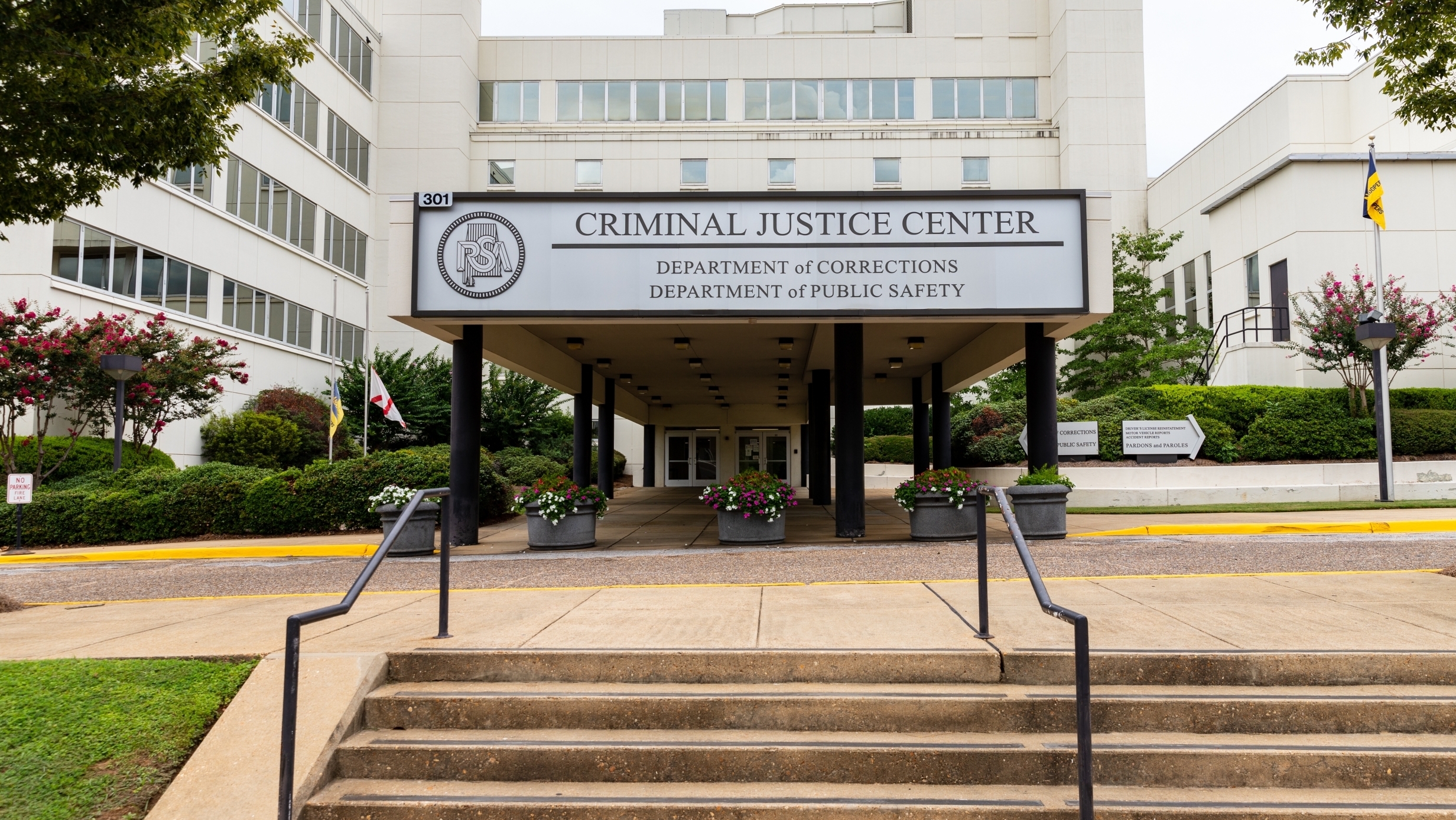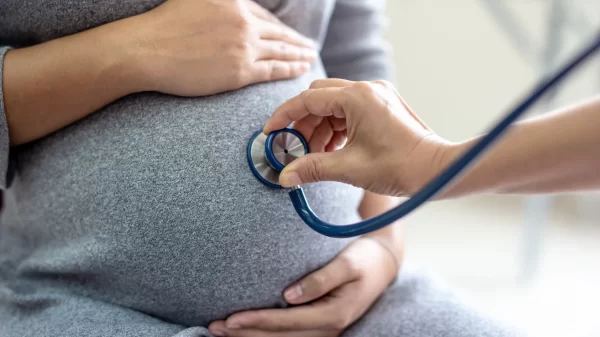An Alabama Department of Corrections sergeant at St. Clair Correctional facility resigned after his arrest last month on charges connected to an assault between incarcerated men.
Timothy Robinson was arrested on Sept. 24 in connection to an ongoing investigation of an assault between incarcerated men in which a weapon was used, according to St. Clair County Sheriff’s Office records and confirmation from ADOC spokeswoman Kristi Simpson.
Robinson is charged with obstructing a government investigation, tampering with evidence, and hindering prosecution. He was released on bond the same day of his arrest, according to sheriff’s office records.
Robinson’s arrest was at least the fourth of Alabama correctional officers in recent weeks.
Correctional officer Akeem Edmonds at Bibb Correctional Facility was arrested on June 9 and charged with second-degree assault for beating an incarcerated man with a belt, court records show. Edmond’s case is set for a jury trial on Oct. 25, those records show.
Correctional officer Jeffery Jackson at Donaldson prison was arrested on Sept. 19 and charged with possession of marijuana, promoting prison contraband and unlawful possession of a controlled substance, according to Jefferson County Sheriff’s Office records. Jackson was released that dame day.
ADOC sergeant William Patrick was arrested on Sept. 4 and charged with possession of marijuana, unlawful possession of a controlled substance, promoting prison contraband and use of official office for personal gain, according to Jefferson County Sheriff’s Office records. Patrick was released that same day.
Alabama is being sued by the U.S. Department of Justice for alleged unconstitutional treatment of incarcerated men, including a lack of basic health care and mental health care in understaffed and deadly facilities.
In previously released reports, the Justice Department detailed systemic problems of abuse from guards, corruption, rampant drug use, violence, overcrowding and understaffing in Alabama’s prisons. The DOJ in those reports states that while new prison facilities might help in some areas, new buildings won’t fully address the state’s widespread, deadly problems in its prisons.
Numerous preventable deaths in Alabama prisons over the summer appear to be drug overdoses, despite no visitations to prisons due to the COVID-19 pandemic.
The Alabama Legislature last week passed a $1.3 billion prison construction package. Supporters of the prison build plan say those new prisons are needed to replace the state’s dilapidated older prisons and increase safety for the incarcerated and prison staff.
In a 2019 report, the U.S. Department of Justice states that “while new facilities might cure some of these physical plant issues it is important to note the new facilities alone will not resolve the contributing factors to the overall unconstitutional condition of ADOC prisons, such as understaffing, culture management deficiencies, corruption, policies, training, non-existent investigations, violence, illicit drugs and sexual abuse, and new facilities would quickly fall into a state of disrepair if prisoners are unsupervised and largely left to their own devices, as is currently the case.”
Those who criticized the plan during the weeklong session said new prisons alone won’t address the concerns laid out in the DOJ lawsuit and reports.
“Every issue that’s been identified, every one identified, will still exist in 2025 when these first two prisons are completed,” said state Rep. Chris England, D-Tuscaloosa, during House deliberations last week. “We will still be overcrowded. We will still be understaffed. We will still be under-resourced, and if our current commissioner is somehow still working here, we will still be mismanaged.”






















































